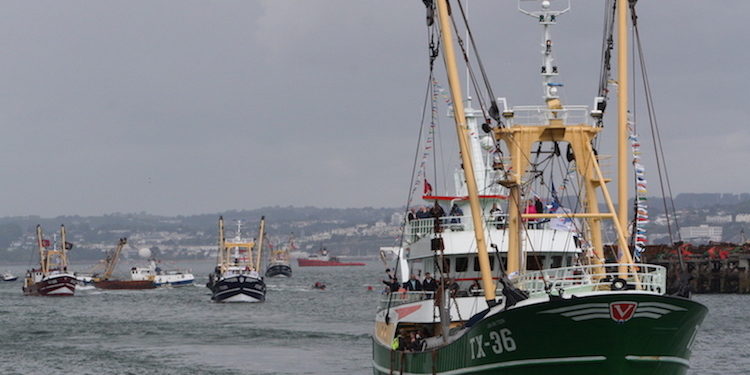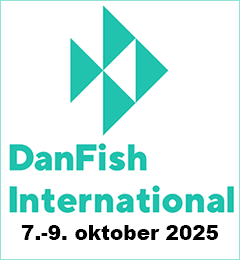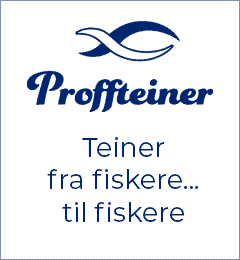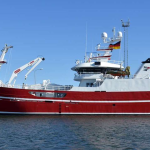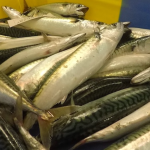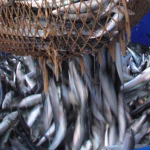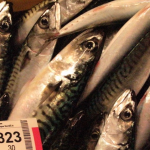As a majority of MEPs voted yesterday in Strasbourg for a complete ban on electric fishing gear in Europe. Durk van Tuinen of the Dutch Fishermen’s Association described the result of the vote as a ‘dramatic outcome.’ He and other representatives of the Dutch industry and fishing communities were present as the vote took place.
The vote took place as one on a raft of measures that the European Parliament was called on to cast its votes on, updating more than thirty existing regulations, also providing for specific measures to be adapted to regional needs. But the amendment referring to pulse fishing was the one the industry and pressure groups were waiting for.
MEPs voted to pass the amendment calling for pulse fishing to be ended by 402 votes to 232, with 40 abstentions.
‘This outcome has major consequences for many family businesses in the fishing industry,’ said VisNed’s Pim Visser, adding that while there had been indications in recent weeks that the mood was set against pulse fishing, the expectation was not that the result would be a total ban.
The result of the vote in the European Parliament is undoubtedly a significant blow for the Dutch fisheries sector. ‘Each pulse fisherman has invested heavily in the innovative pulse gear. Switching back to conventional gear is a financial trap for many fishing companies, precisely because of the fuel consumption that pulse fishing had halved. These fishermen and their families are the ones who are now presented with the bill,’ Durk Van Tuinen said.
‘The decision of the MEPs has been taken contrary to scientifically verified information,’ Pim Visser said.
‘They mainly focused on Fake News, such as ‘Dutch Fishermen Empty the Sea’ and ‘Pulse Fishermen Electrocute Fish’ that has come from extremist groups in France. All that is sheer nonsense. We have done our best to provide MEPs with scientific information,’ he said, commenting that all the allegations of fraud and misrepresentation that have wrongly been made against the Dutch pulse fleet have been refuted with scientific evidence.
According to Durk van Tuinen, it is now down to the European Parliament will now negotiate with the European Commission and the European Council.
‘The European Commission is in favour of the pulse gear and will commit to continuing the research. It is not possible that emotion will win over scientific research,’ Pim Visser said, adding that tripartite negotiations now take place and they await the results.
‘This outcome negates all the work on sustainability that the Dutch fleet has done,’ he said.

